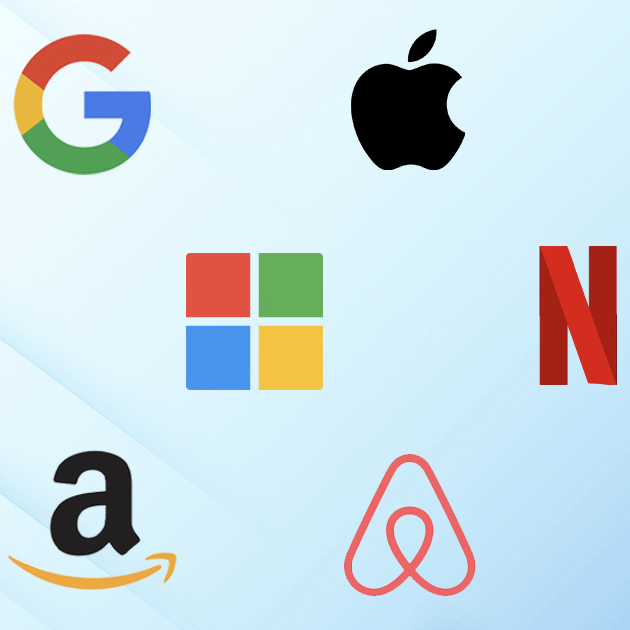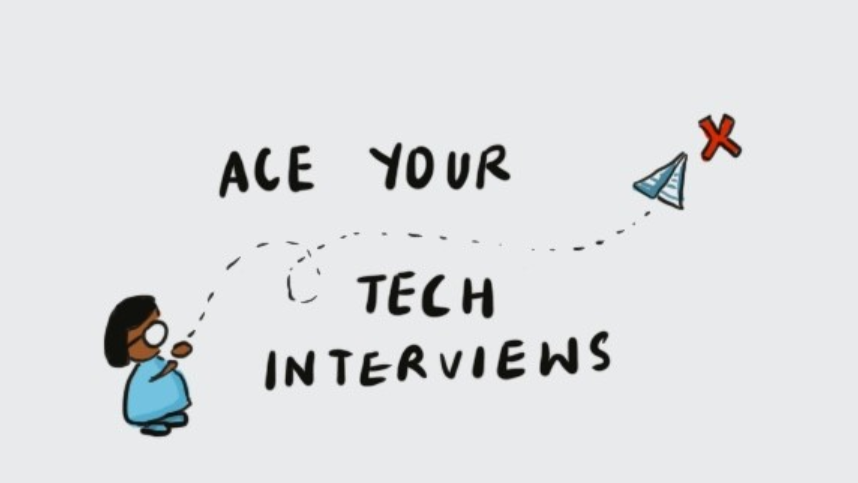Some context, last July after getting laid off I started searching for new work with a particular focus on FAANG.
I garner traction with a few companies but am elated when hear from a FAANG head hunter.
I passed the first interview. Scheduled the second and it wasn’t until the confirmation email of the second interview that I saw “Contract”. I was greatly disheartened though I figured I might as well go through the interview process and decide after I’ve lined up all my options. And after talking to the hiring manager I was promised a chance to convert the contract is up.
It was a hard decision, but ultimately I passed up on a well paying senior role at smaller company to take a stab at FAANG.
And I loved it. The engineers I work with are brilliant, the products impacting orders of magnitude more clients than I ever have before and I'm learning.
However, after shipping our first project, the hiring manager that brought me on board switched teams. The projects I've been reassigned to have been largely tech debt and non technical. I have had no direct manager for 4 months with no new one stepping in in the foreseeable future. While conversion is supposedly still on the table, there is no one tracking my contributions and there is a new stipulation of “if the market permits” tacked on top, meaning they have an excuse to prolong the contract rather than give a chance to convert.
The cherry on top of all this is, recruiters from this company have reached out multiple times over the past two weeks but pull out after I inform them that I'm currently contracting for them. This is due to the understandable “external” vs “internal” hiring conflicts.
So I guess the question is, should I quit and open up the chance to once again start applying externally? Or would it make more sense to stick around and try for the mythical conversion or even just maintain and study for the inevitable interviewing at the end of the contract? Maybe try being overemployed?
I have tried asking the stand in managers, but they have much bigger fish to fry than the ambitions of a contractor so I would really appreciate some opinions on how I might navigate this period of contracting.
Thanks for the read and your time,
E


![Nail Your Promotion As A Software Engineer [Part 18] - Organizational Complexity](/_next/image/?url=https%3A%2F%2Ffirebasestorage.googleapis.com%2Fv0%2Fb%2Ftech-career-growth.appspot.com%2Fo%2Fthumbnails%252F1713041166-Screenshot%25202024-04-13%2520134546.png%3Falt%3Dmedia%26token%3D0cc9bd1c-9798-443b-8103-493d5404207b&w=1920&q=75)
![Nail Your Promotion As A Software Engineer [Part 4] - Do It For The Right Reasons](/_next/image/?url=https%3A%2F%2Ffirebasestorage.googleapis.com%2Fv0%2Fb%2Ftech-career-growth.appspot.com%2Fo%2Fthumbnails%252F1712858766-Screenshot%25202024-04-11%2520110347.png%3Falt%3Dmedia%26token%3Dd1595691-73d6-4ef2-92e2-f139578ba853&w=1920&q=75)
